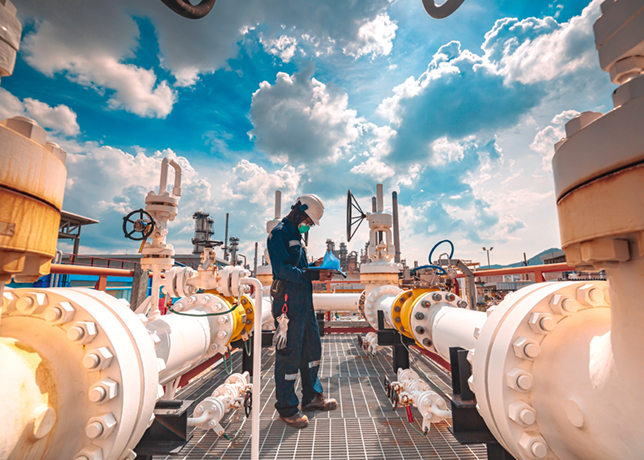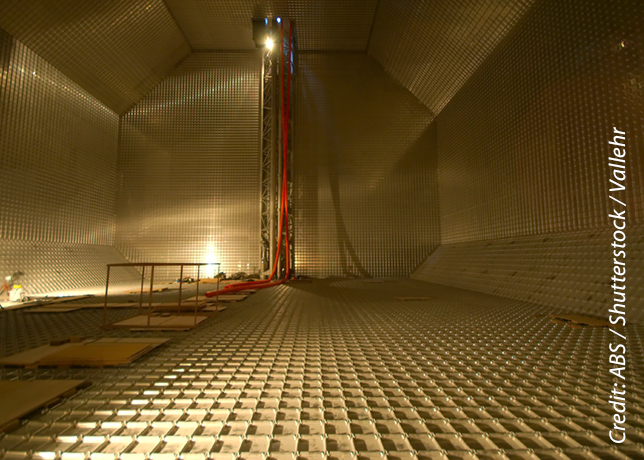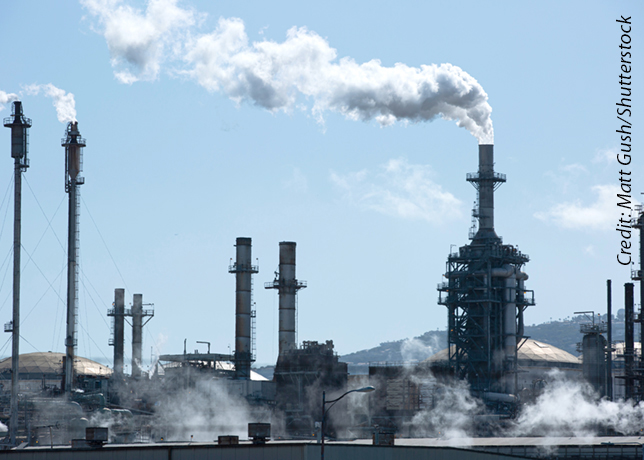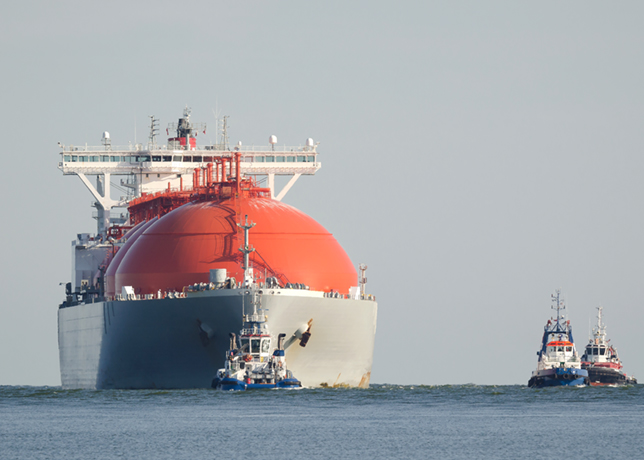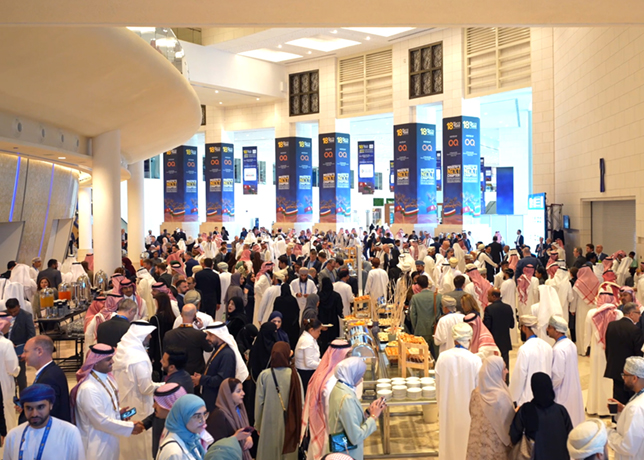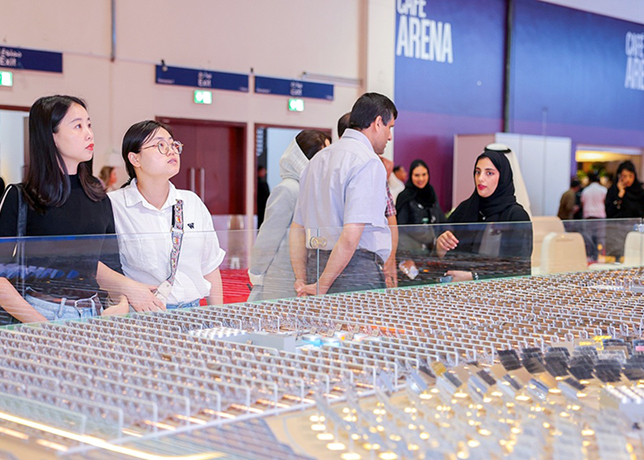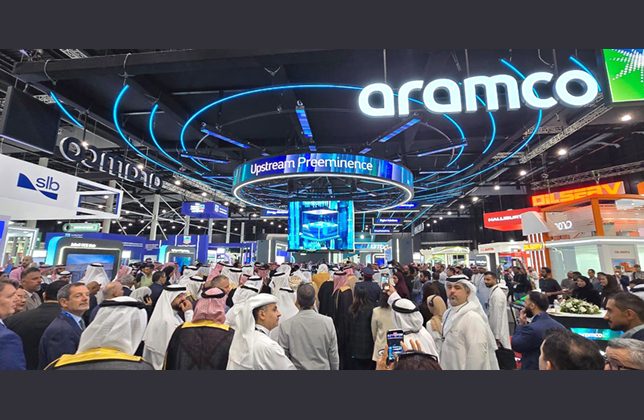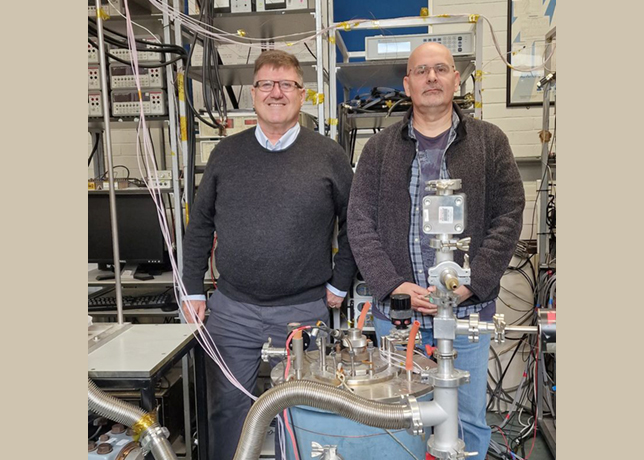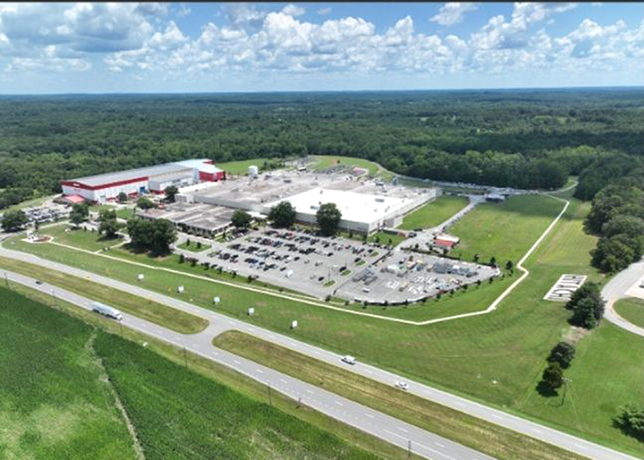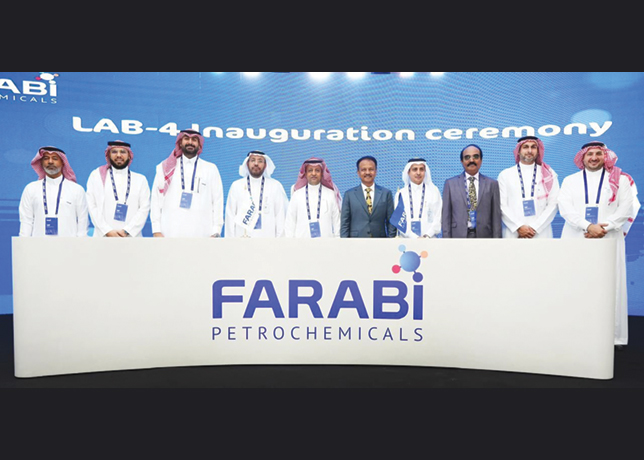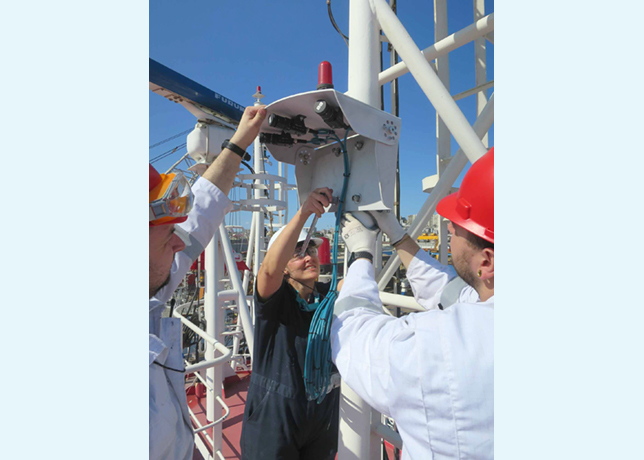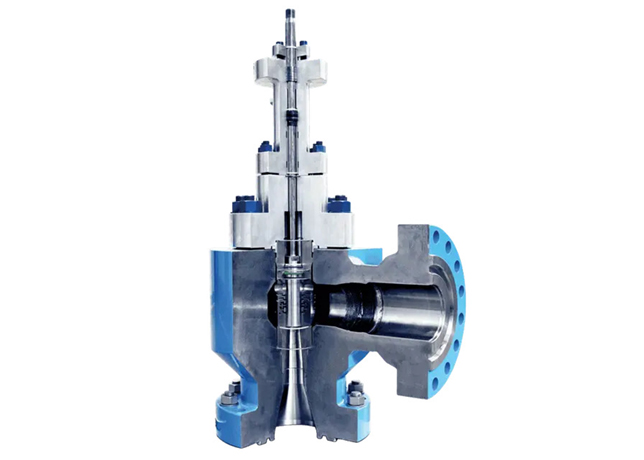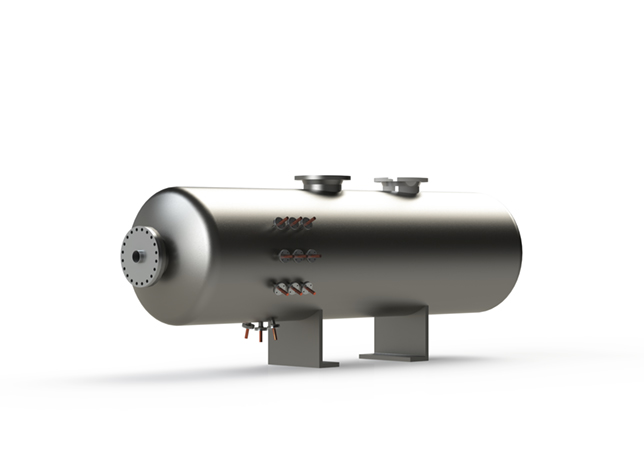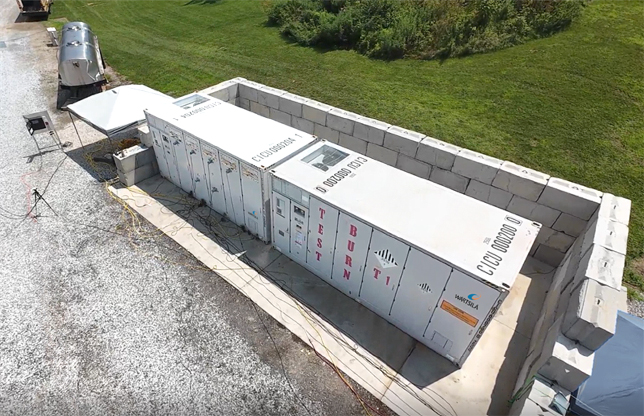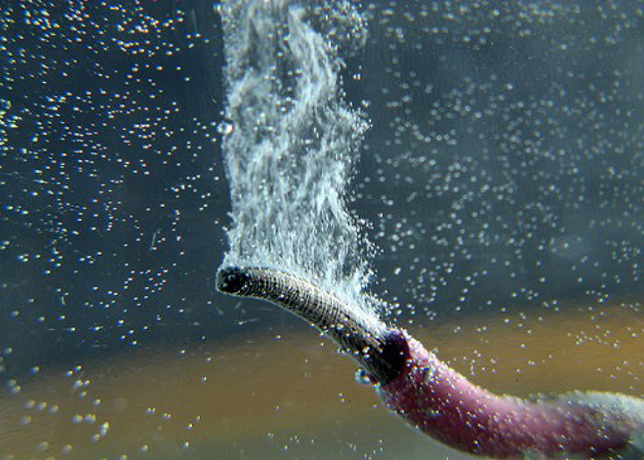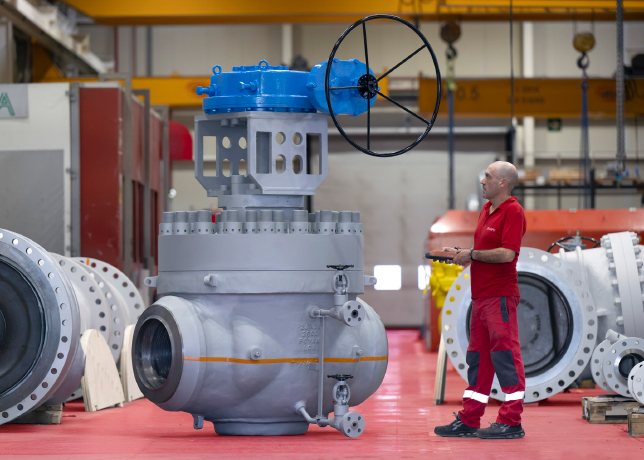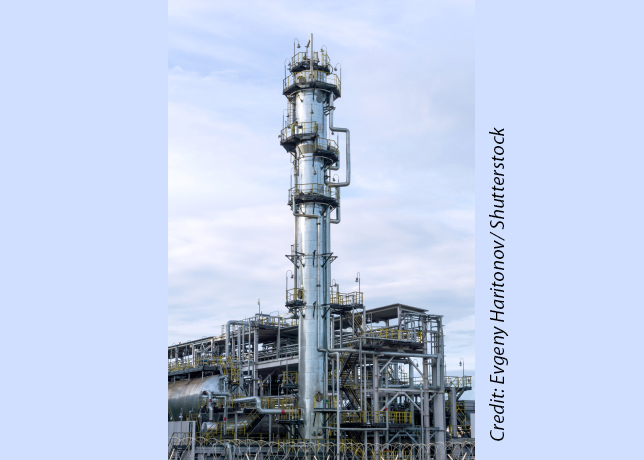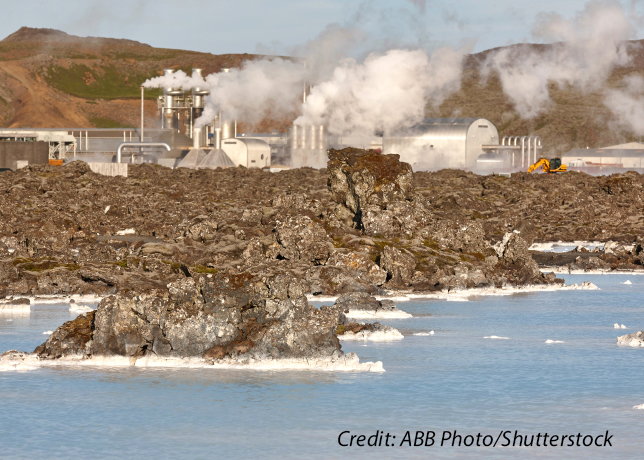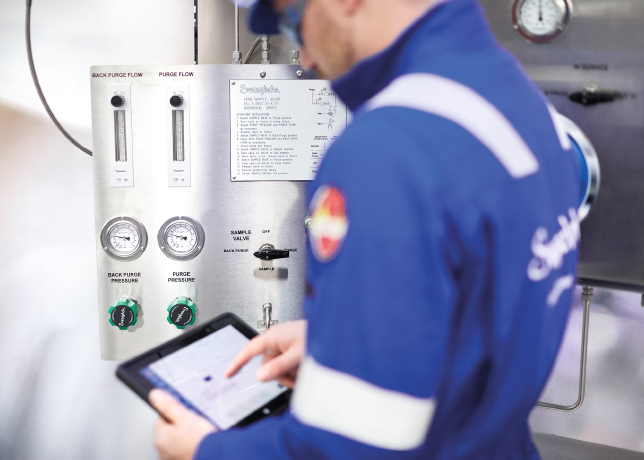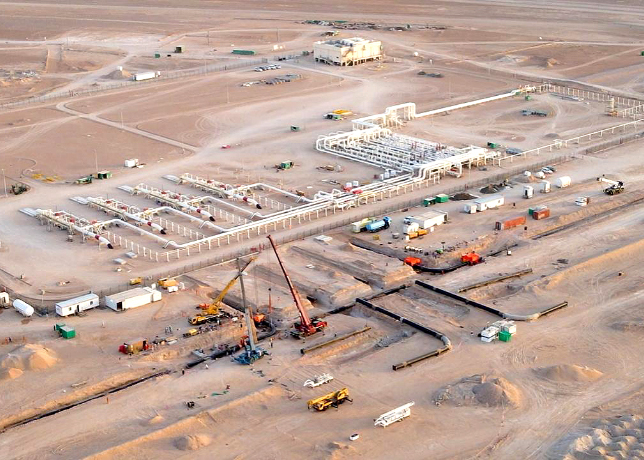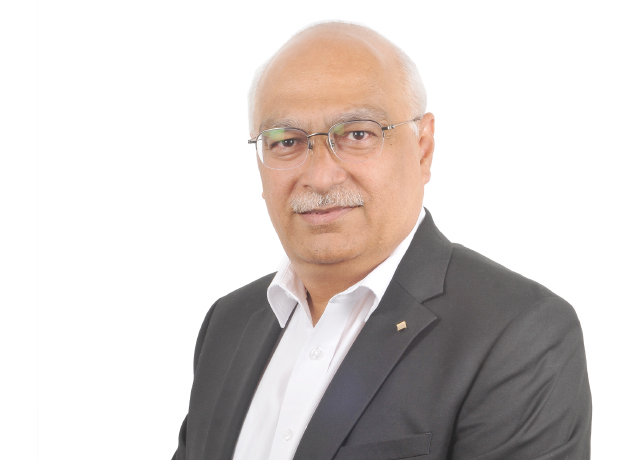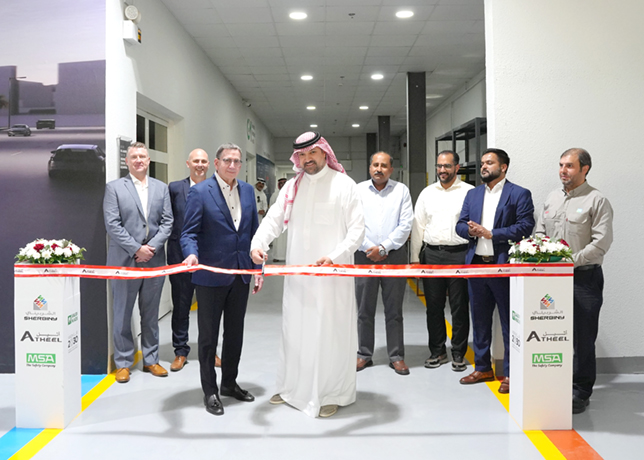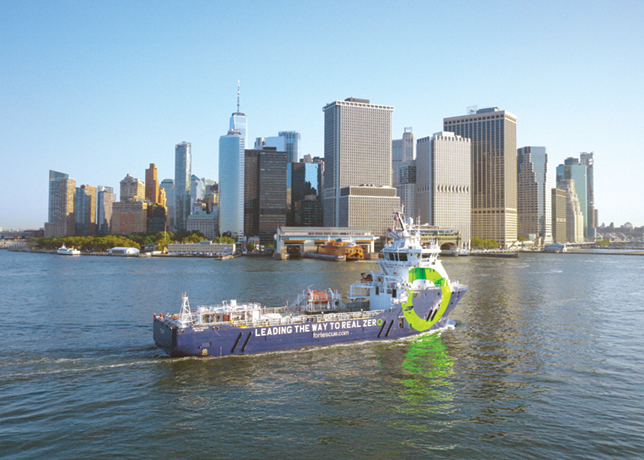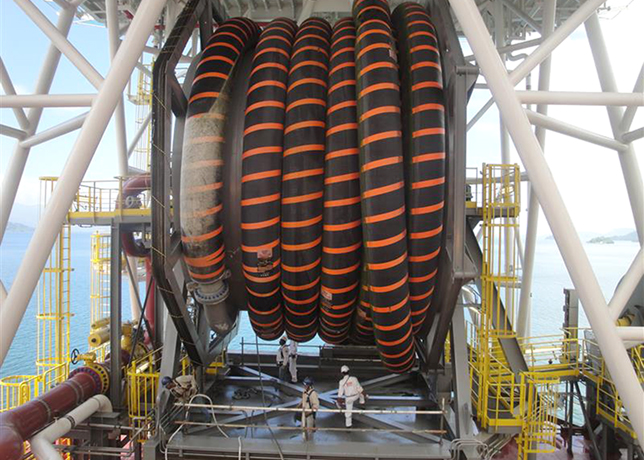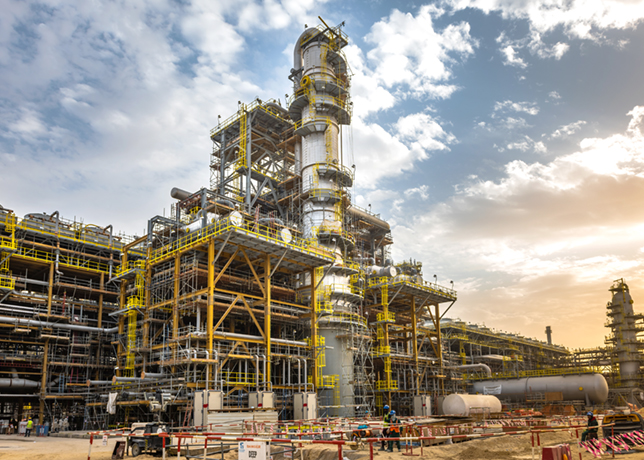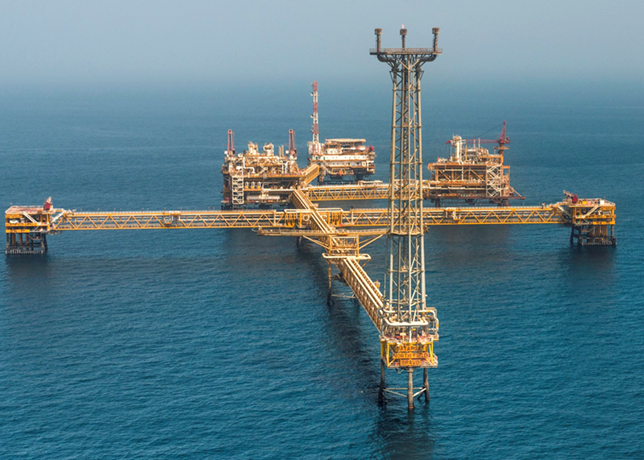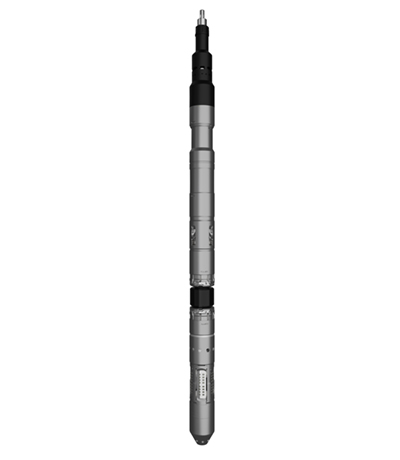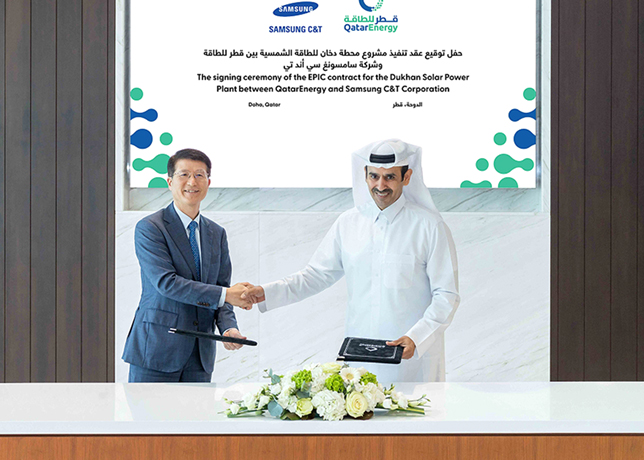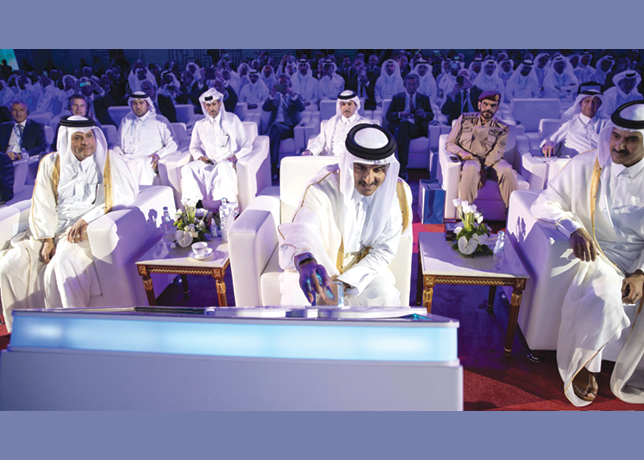

Saudi Arabia has a $50 billion investment scheme in place to boost refining capacity at home and abroad to around 6.4 million bpd from some four million bpd now.
New projects and initiatives are stimulating Saudi Aramco’s ability to provide the Kingdom with refined products in a safe and environmentally friendly manner while driving down operating costs and improving performance.
French oilfield services company Technip has won a programme management services contract for the development of a new refinery in Jubail on the east coast of Saudi Arabia.
It gave no value for the contract under which it will carry out front-end engineering design, develop capital and operating cost estimates and provide management servies during the project’s engineering procurement and construction phases.
Technip’s contract win is part of a broader set of deals signed by Saudi Arabia earlier this month for engineering work on two new 400,000 barrel-per-day refineries.
Saudi Aramco has signed deals for engineering work for two new 400,000 barrels-per-day refineries in Saudi Arabia, the state oil firm said.
Aramco in May signed deals with US ConocoPhillips for an export refinery in Yanbu on the Red Sea coast and with France’s Total for a similar project in Jubail on the Gulf coast.
Aramco said in a statement on its website that a contract was signed with Kellog Brown and Root, a unit of Halliburton, to start front-end engineering for the Yanbu refinery, which will produce motor fuels and other refined products for US and European markets.
A contract was also signed for the Jubail refinery, which will primarily serve the Far East market. The statement said Technip Italy will provide support during detailed design and construction and assist with cost estimate development.
The value of the contracts was not disclosed.
The full-conversion refineries, estimated to cost around $6 billion each, are scheduled for completion in 2011 and are each designed to process 400,000 bpd of Arab Heavy crude.
“The combined output from the two new refineries will help meet increasing demand from the world’s largest consuming countries and use Saudi Arabia’s production from on- and offshore fields,” Aramco said.
“They also will help alleviate the shortage of refining capacity worldwide, particularly of heavy-grade crude oils.”
Teamwork was a major theme as Yanbu’ Refinery shut down in 2005 for a test and inspection (T&I) and to build tie-ins for new projects.
Yanbu’ Refinery was shut down for a test and inspection and to build tie-ins for new projects.
Capping a year of accomplishment with a recognition ceremony for the Yanbu’ team, Abdulaziz F Al Khayyal, senior vice-president of Refining, Marketing and International, said: “I am here to convey corporate management’s thanks and appreciation for a job well-done.”
Khalid G Al Buainain, vice-president of Refining, said that though the project itself was sizeable, the teamwork that got it done was, in some ways, more significant than the task itself.
“Without team spirit, these results would not have been achieved,” he said.
Elsewhere, refining spent the year enhancing plant reliability with several projects, including dredging Ras Tanura Refinery’s seawater canal to ensure an adequate supply of seawater for cooling, especially during low tides.
Also at Ras Tanura, High Pressure Boiler No 9 was commissioned after a six-month rehabilitation and retubing project, helping to optimise steam production from high-pressure boilers.
Riyadh Refinery was the site of several reliability and efficiency upgrades. Its T&I replaced eight hydrocracker heat-exchanger shells, installed steam generator tube bundles and loaded catalyst in the Hydrocracker Reactors, along with inspection of 133 other pieces of process equipment.
Riyadh also commissioned three combustion turbine generators and three heat-recovery steam generators as part of the cogeneration project.
In the Western Region, Jeddah Refinery’s Marine Terminal and mooring facility upgrade projects enabled night-time ship berthing operations, as well as the ability to handle larger ships.
The outer harbour breakwater gateway was widened and high spots were dredged. That will boost crude oil supplies to the Jeddah Area by allowing ships to carry more crude and will reduce the number of ship calls.
Projects added three new breasting dolphins closer to the cargo loading manifold and 10 new mooring dolphins along the shore, where modern tankers ranging from 45,000 to 100,000 dead weight tonnes can now be accommodated.
Aramco Oil
Refining Capacity
Oil giant Saudi Aramco has ambitious plans to overhaul and expand its refining
operations at home and abroad.
The following charts Aramco’s current refining capacity.
Saudi Aramco Joint Venture Refining Capacity (‘000 bpd)
Refinery Location Volume Aramco Aramco Stake Volume
Motiva (Shell) US 725 50 363
Samref (Exxon) Saudi Arabia 400 50 200
Sasref (Shell) Saudi Arabia 305 50 153
S-Oil Korea 525 35 184
Petron Philippines 180 40 72
Showa Shell Japan 530 15 79.5
Total 2,665 1,052
Saudi Aramco Domestic Refining Capacity (‘000 bpd)
Refinery Stake (pct) Aramco
Volume
Ras Tanura 100 550
Rabigh 100 400
Yanbu 100 235
Samref 50 of 400 200
Sasref 50 of 305 153
Riyadh 100 120
Jeddah 100 85
Total 1,743
Saudi Arabia started work to convert the Rabigh facility from a topping to a cracking refinery and add 2.2 million tonnes of olefins and derivative capacity by 2008.
Saudi Arabia also plans to build two new export-oriented refineries with combined capacity of 800,000 bpd in the kingdom.
Earlier this month, a senior Aramco executive said the firm may also expand two of its existing plants – Yanbu and Ras Tanura – by 100,000 bpd each by 2009 or 2010.
In July, Aramco, Exxon and Sinopec signed a deal to triple the capacity of a refinery in south China to 230,000 bpd. It is in talks to take a 20-40 precent stake Sinopec’s new 200,000-bpd refinery in Qingdao.
As on March 27, 2006

















